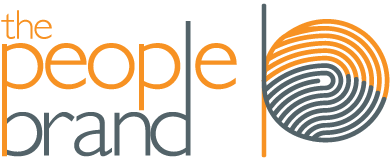 We all want people to trust us. When you sense someone doesn’t trust you, you may feel disrespected or misunderstood. It’s easy to take this personally, but in reality others may not be questioning your character.
We all want people to trust us. When you sense someone doesn’t trust you, you may feel disrespected or misunderstood. It’s easy to take this personally, but in reality others may not be questioning your character.
What are they questioning then?
Here are 4 things people don’t trust about you:
- Your Capacity
If you’re seemingly overloaded and give others the perception that your workdays are a constant exercise in plate-spinning, it won’t instill confidence that you can fulfill any new responsibilities. When you promise something new, you may want to mention what you will be taking off your plate in order to keep that promise. - Your Competence
OK, this one can still feel personal, but lack of competence doesn’t mean you’re incompetent in the way that word implies. Lack of competence may simply mean a task is outside of your current skill set. You may consider training or delegating these tasks in order to reassure others you can be trusted to make sure it gets done. - Your Personality
This can also seem like a personal attack. There are a couple of things to remember. First, your personality is not the totality of who you are. It is an outward expression, which leads us to another point. This outward expression can be misunderstood. What you see as positive and outgoing may be interpreted as undiscriminating and careless. An awareness level understanding of a personality type index like Meyers Briggs (MBTI) may help you overcome personality miscommunications like this. - Your Motives
If your goals seem to compete with what others are trying to accomplish, then they may challenge your motives even when you offer assistance. This is where your group culture helps encourage an environment of trust. Does your culture encourage collaborative efforts, or does it reward those who only look out for themselves? Also, you may need to explain why you’re motivated to help. This may encourage others to trust you when they understand what you’re real motives are.
By making trust issues less personal, we can find practical ways to overcome distrust and gain support. We see it as less of an attack on our character and as more of an exercise in managing perceptions. Additionally, we can assess why we don’t trust others and decide whether or not our skepticism is merited.
